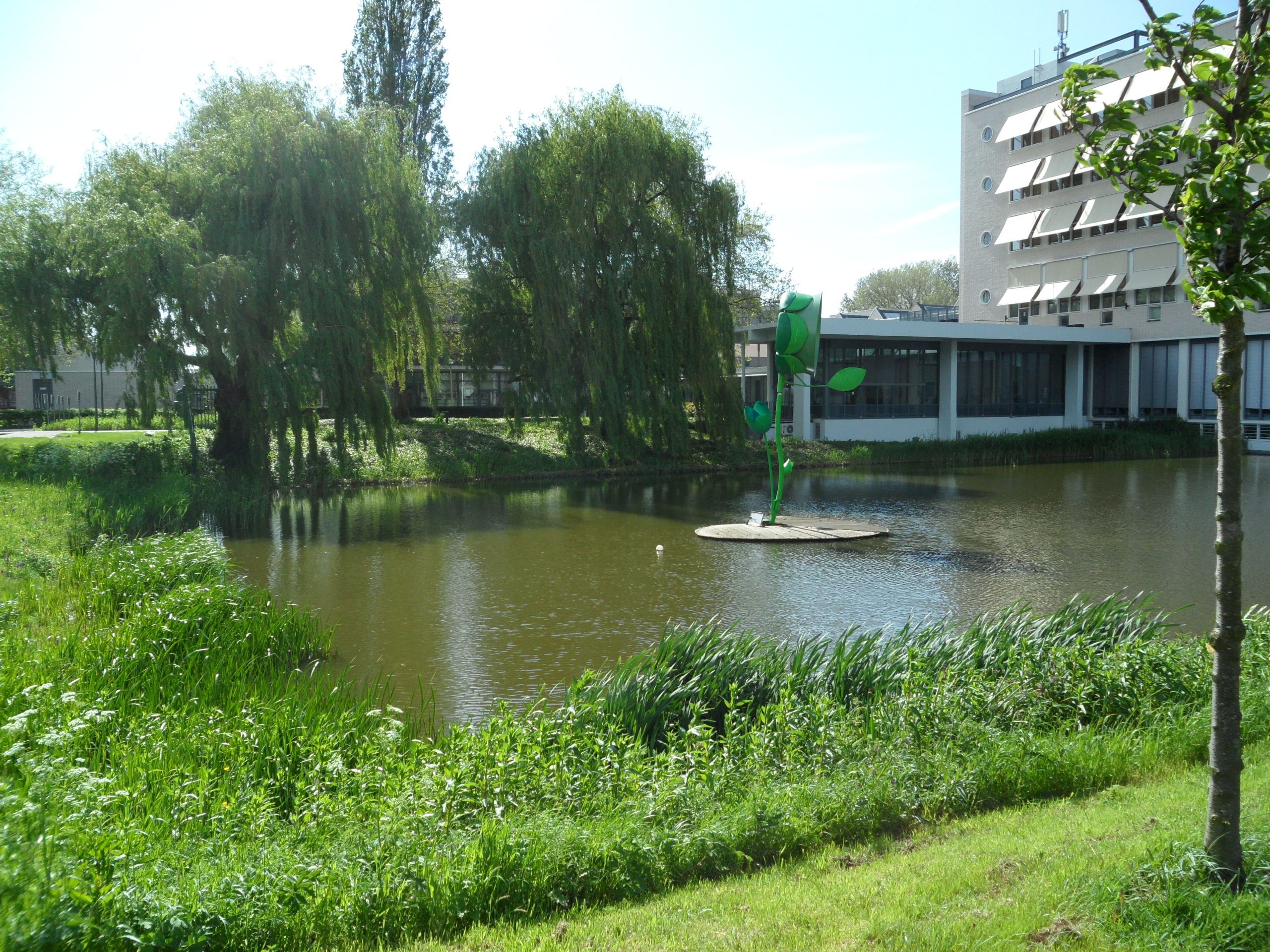As the cities around the world gear up to celebrate the 44th Earth Dayon April 22, 2014, we asked around about TU Delft’s green projects. Here is a look at some of the interesting energy saving initiatives – some already underway and others in the pipeline with a 2020 deadline
Let’s start with the most basic energy saving tricks. You’ve probably noticed that central heating is turned down during weekends. In recent years, intelligent lighting concepts have also been introduced at some faculties, including Aerospace Engineering and 3mE. “But, a campus wide roll-out is part of the 2020 program,” says Chris Hellinga, Scientific Consultant, Delft Energy Initiative.. This includes switching to LED lighting and better concepts for ‘only lighting when necessary’. TU’s success stories thus far include the main building of AE, which saved 55% primary energy since 2006 – primarily due to more efficient lightening and better climate control.
The Delft Energy Initiative has been working closely with the Facility Management and Real Estate department to make the campus more sustainable. Making energy consumption transparent, they launched the TU Delft Energy Monitor– a website that details the energy use of every building on campus. Together with scientists from the CiTG faculty the introduction of a geothermal source (2 kilometres in depth) has been prepared for heating a part of campus, thus reducing natural gas demand substantially. “We hope that the source can be operational early 2017 and in the long term deliver 50% of our heating requirements,” Hellinga adds.
Meanwhile, work is underway for the installation of solar panels on campus. In 2014, a new central CHP installation has been put in place to deliver 25% of the total electricity demand and 25% of the central heating demand in an energy efficient way.
The goals for 2020 include 25% reduction of electricity use, a CO2 emission reduction of 50%, 30% savings on primary energy use and 25% sustainable energy generation on our campus in 2020. “Note that our university consumes as much energy as 20,000 households. The process is now being organised, and we will certainly need students for various sub-projects,” says Hellinga.
Other campus initiatives include the Delft Energy Club, the Smart Campusinitiative for sustainable development and the Green Village Project.An intelligent street lighting system designed by a TU student is also being tested on campus. It is said to use 80% less electricity and is easier to maintain. TU Delft if also involved in the EU pathfinder project Sustainable Campus, Launching Customer (SCLC)that, according to climate-kic.org, “aims to bridge the societal demand for climate innovation and the scientific knowledge supply from a network of nine European university campuses.”



Comments are closed.